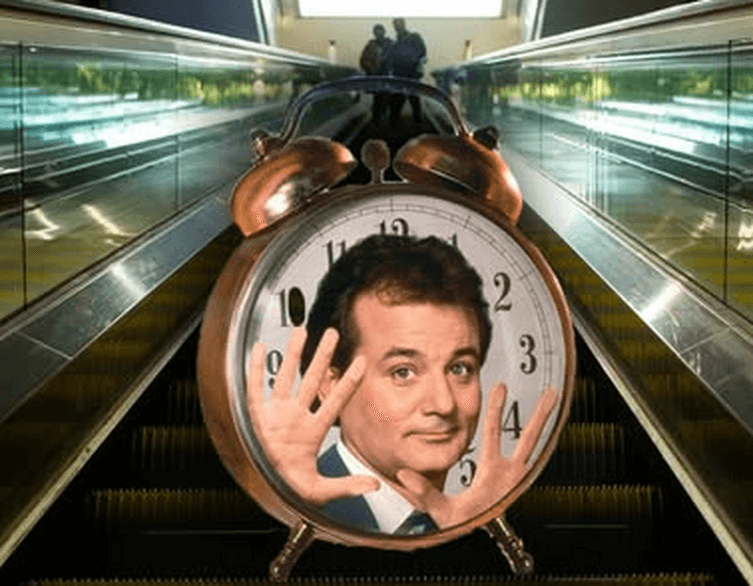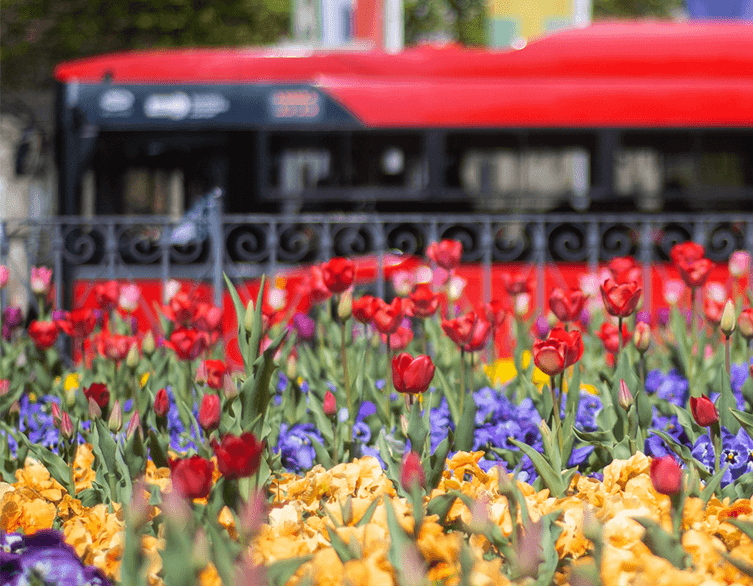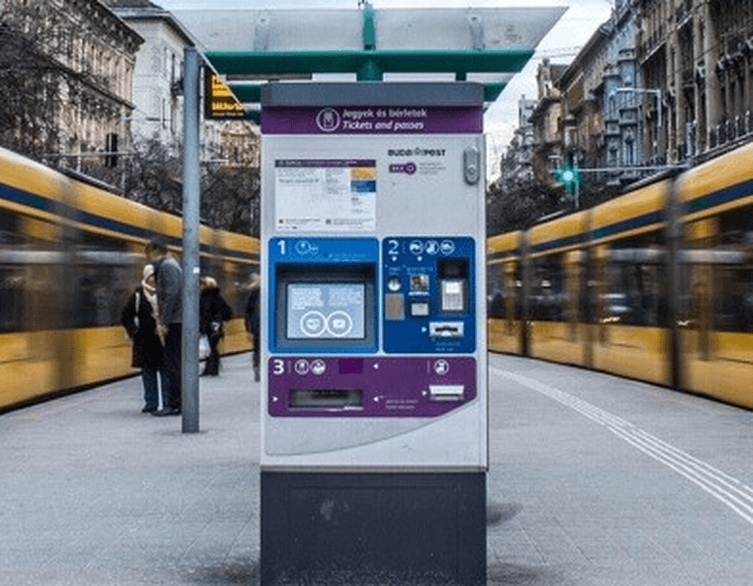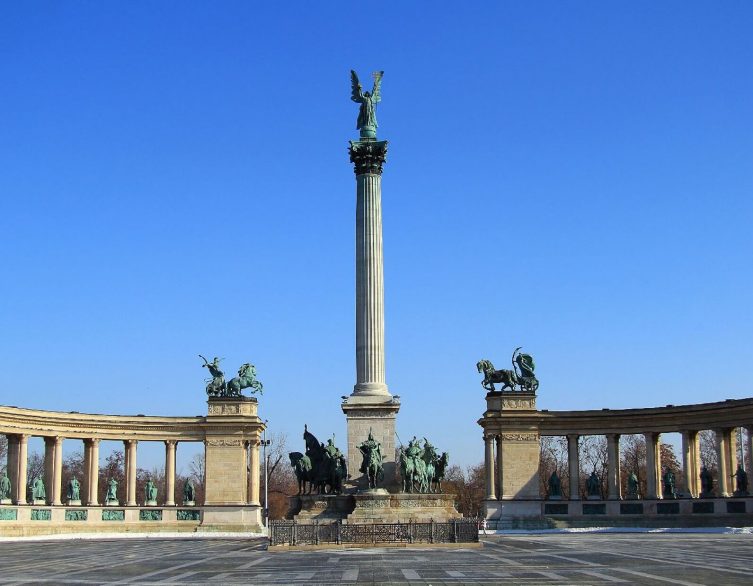Navigating Budapest During Daylight Saving Time in 2025

Budapest, Hungary’s enchanting capital, is a city that never fails to captivate its visitors with its rich history, stunning architecture, and vibrant nightlife. However, for those visiting during the transition to daylight saving time (DST), there are a few practical details to keep in mind to ensure a smooth and enjoyable trip. This year, the clocks will “spring forward” on Sunday, March 30, 2025, at 2:00 AM, moving directly to 3:00 AM. While this change brings longer evenings perfect for exploring the city, it also impacts public transportation schedules and other logistical aspects of travel.
The Transition to Daylight Saving Time
Daylight saving time begins every spring in Hungary as part of a Europe-wide effort to make better use of daylight during the warmer months. On March 30, 2025, clocks will move forward by one hour at 2:00 AM. This adjustment means that sunrise and sunset will occur an hour later than the day before, offering extended daylight hours for activities such as sightseeing, dining al fresco, or enjoying Budapest’s famous ruin bars.
For tourists, these longer evenings are a boon. Imagine strolling along the Danube River under a golden sunset or enjoying panoramic views from Gellért Hill as the city lights begin to twinkle. However, the time change can also bring minor inconveniences for early risers or those relying on public transport during the overnight hours.
Best deals of Budapest
How Public Transportation Is Affected
Budapest’s public transportation system is known for its efficiency and reliability. However, during the transition to daylight saving time, some adjustments are made to night bus schedules. The Budapest Transport Center (BKK) has announced that all departures scheduled between 2:00 AM and 2:59 AM on March 30 will be canceled due to the time shift. Services will resume at 3:01 AM under the new DST schedule.
Certain routes will see specific changes:
- Route 100E, which connects Deák Ferenc Square in the city center with Liszt Ferenc International Airport, will operate its first bus from Deák Square at 3:15 AM instead of 2:22 AM. Similarly, the airport-bound service originally scheduled for 3:00 AM will also depart at 3:15 AM.
- Other night buses such as routes 918, 934, 937, and 940 will have adjusted departure times or extended routes. For example, Route 938 departing from Csepel at 2:52 AM will instead leave at 3:02 AM.
- Some lines like 916 and 968 remain unaffected by the time change.
Passengers traveling during this period are advised to check updated schedules on BKK’s website or mobile app before heading out. Additionally, public display boards at bus stops may not function between 2:00 AM and 4:00 AM due to system updates.
Practical Tips for Tourists
For visitors planning to explore Budapest during this transition period, preparation is key. If you’re arriving or departing around March 30 and relying on public transport to reach your destination, double-check your schedules in advance. This is especially important for early morning flights or train connections.
The shift to daylight saving time also offers a unique opportunity to experience Budapest during its most vibrant season. With more daylight hours available in the evening, you can extend your sightseeing itinerary or enjoy leisurely dinners at outdoor cafes without feeling rushed by nightfall.
Why Daylight Saving Time Matters in Budapest
The introduction of DST has long been debated across Europe; however, its benefits for tourism in Budapest are undeniable. The city comes alive during spring and summer evenings when locals and tourists alike gather along the Danube promenade or sip wine on rooftop terraces overlooking iconic landmarks such as Buda Castle and Parliament.
Longer daylight hours enhance popular activities like evening cruises on the Danube or attending open-air performances at Margaret Island’s amphitheater. The extra hour of light also makes it easier to explore pedestrian-friendly areas like Andrássy Avenue or Heroes’ Square without feeling hurried.
Embracing Budapest’s Seasonal Charm
Despite minor disruptions caused by the clock change, daylight saving time enriches Budapest’s charm by extending opportunities for exploration and enjoyment. Whether you’re marveling at the illuminated Chain Bridge after sunset or savoring Hungarian specialties like goulash in a cozy courtyard restaurant, DST allows you to make the most of your visit.
As you plan your trip to Budapest this spring, remember that while clocks may change overnight, the city’s timeless allure remains constant. By staying informed about schedule adjustments and embracing the extended evenings, you can fully immerse yourself in everything this magical destination has to offer.
Related news
Related attractions

















